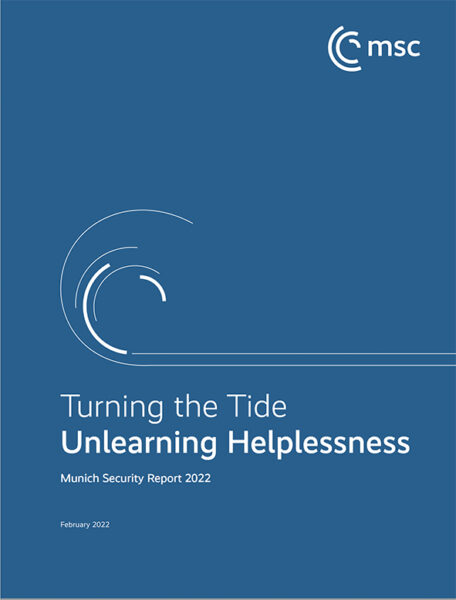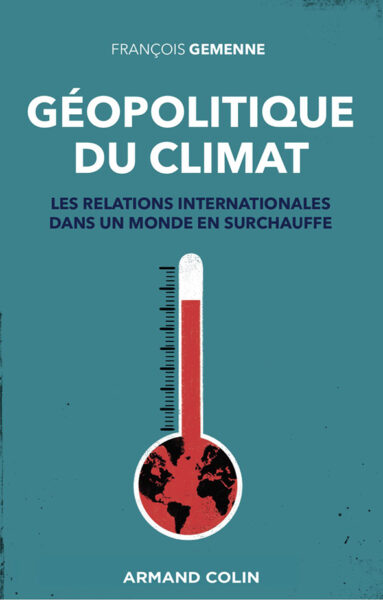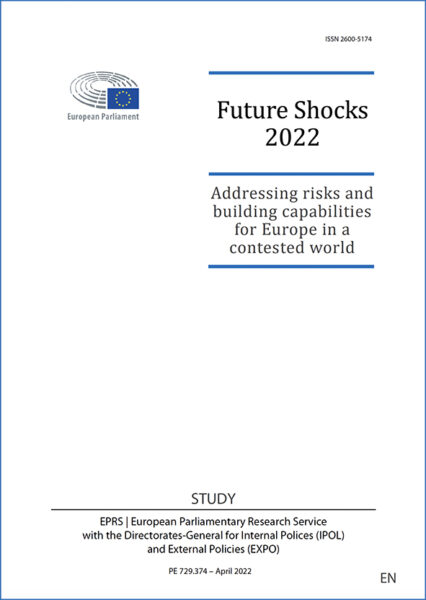After more than 300 years of an international system based on power relations between states and revolving essentially around the European “echo chamber”, the situation changed radically at the end of the 20th century with the collapse of the Soviet Union, the emergence of major developing countries and new types of actors, and accelerated globalization. In this distinctly more complex context, what picture can we form of the world and international relations today, particularly in their long-term dynamics?
It was to cast light on this question that Futuribles International invited Professor Bertrand Badie to speak at a round-table event last September. This article reflects the broad outlines of that talk. It deals, among other things, with the nature of the changes that have characterized international relations in recent decades and the historic opportunities missed by the international community since 1945. It also stresses the challenges we face in this context, namely to avoid instances of national humiliation, restore dialogue between the major players on the international scene, and find all-inclusive solutions against a backdrop of solidarity. These challenges are enormous, but it is undoubtedly essential that we meet them if a calmer climate in international relations is to be promoted.




